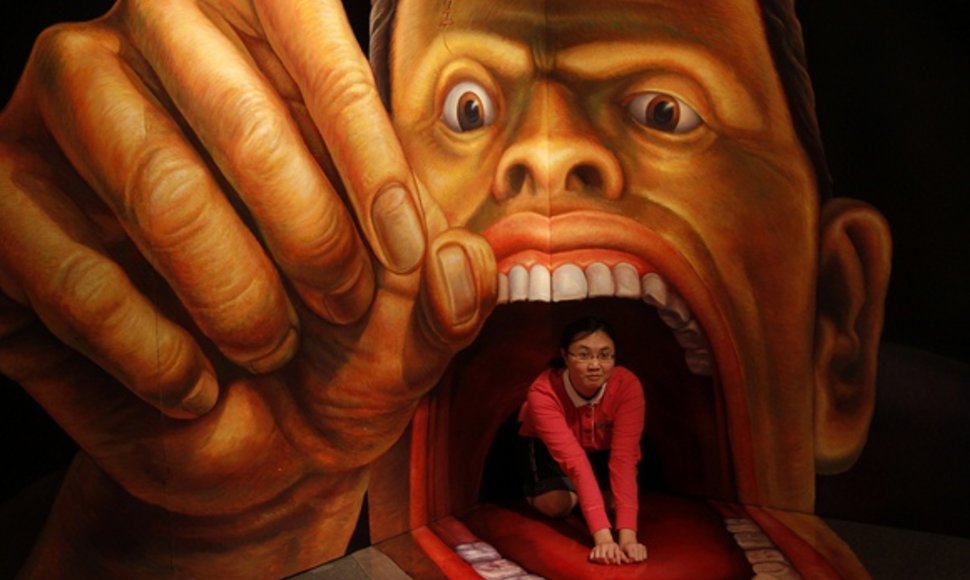It might be a good idea to read my more general post about it, Your Personality Is Not a Grocery List, which basically explains my opinion on how personality is, but whatever works for ‘ya.
So, as I’ve mentioned in the article above, your personality is affected by various exterior and interior factors, such as your genes, culture, etc., and, of course, the language that you speak. Let me explain why I chose precisely this wording: it works for each language that you are capable of communicating in at the time when you are using it. For example, I speak three languages, and my sister actually pointed out that I am a bit different when I speak English, as compared to Lithuanian, which is my mother tongue. French is my weakest language so far, but after I realised I do change with a language, I have noticed it works for this one too.
I haven’t actually researched it on purpose, so any scientific knowledge I might have is actually more or less by accident, if you can call having had side psychology studies “an accident”. However, this is based on my insight and experience- so be warned.
Saying a language affects personality is all good and well, but exactly why does it do that? Well, I have a few ideas.
First, you associate the language that you are speaking in with the experience that you have had while speaking it. This is very general, but I think it has to do with the reactions that you have received, people that you have spoken to and how polite or impolite they were, culture which you were experiencing while speaking (cause it’s safe to presume it often happens while abroad, however, it only works then). So it’s probably why you can be more or less confident while using a certain language, you also may be more optimistic or pessimistic, etc., basically, the changes would most likely present themselves in alike traits.
Second, the changes have to do with the way that a particular language works itself, as there are different types of languages and they promote different ways of expressing yourself. Even if a language belongs to the same general group, it still has distinct grammatical, stylistic, connotational, etc. structures. This results in changing the way you usually speak, the words you choose, in general, it changes your manner of speaking or writing. Believe it or, but I am way more sarcastic in English than in my other two languages! French just makes me poetic, ugh.
Third, each language has a nation associated to it, and each nation has stereotypes, as does the language itself, but they are pretty tightly connected, eh? People like to assume Englishmen are polite, sophisticated and well-collected, so they might unconsciously imitate that. Whereas French are supposed to be romantic, flirty and free-spirited, so, well, you get the point. I am not sure it goes for the mother tongue, though, because when you speak a language since you were like two years old, you didn’t actually have time to learn stereotypes before actually becoming fluent. Also, notice how I’ve only shown good stereotypes- I am being nice, people!
What I like about this is that by learning a language, you are actually changing yourself, becoming a more open and unique person, and you have a chance to exhibit some traits that you might have kept hidden otherwise, whatever the reasons for that might have been. Even though everybody speaks English now, it really isn’t useless to learn another language, and not just so you can put that on your CV, but for self-improvement, and I don’t mean the snobby kind. Also, that kind of makes me think bilingual people might be naturally amazing. Lucky dummies.












